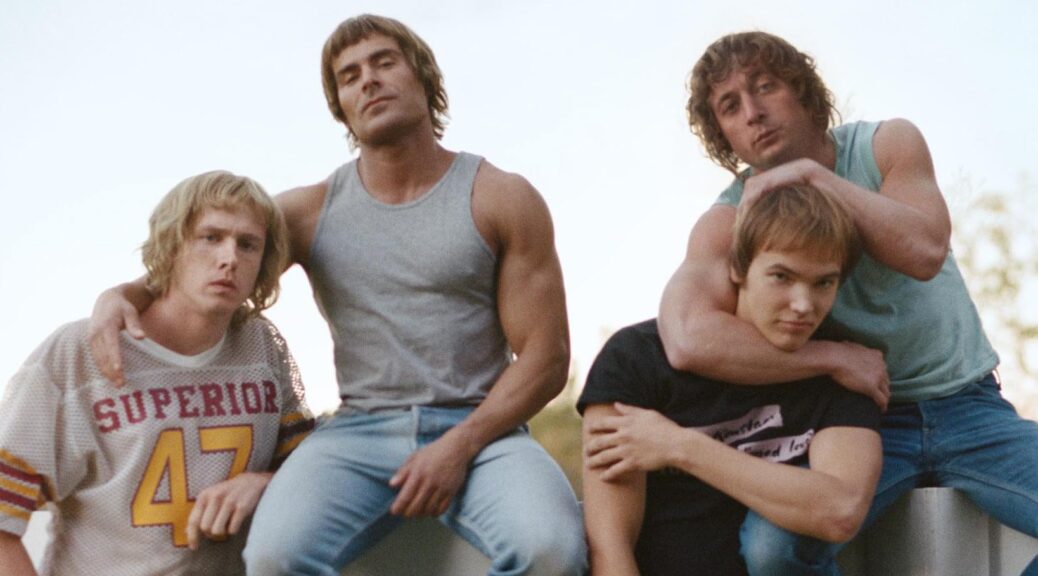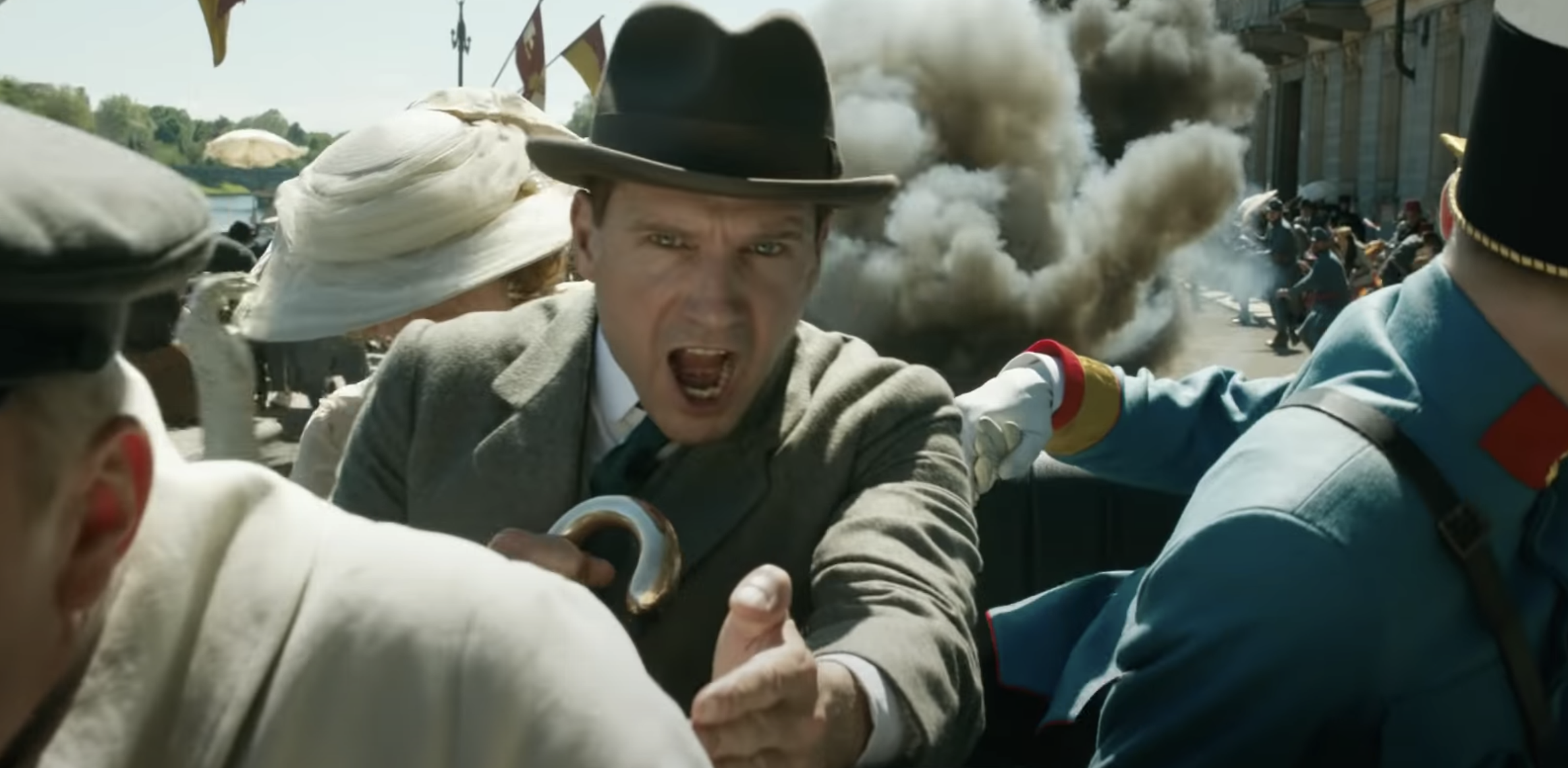The Iron Claw
by Matt Weiner
For the Von Erich professional wrestling family, success in the ring—starting in the freewheeling territory days and continuing into the present—has existed uneasily alongside the “family curse.”
Writer/director Sean Durkin (Martha Marcy May Marlene and The Nest) brings together his lifelong love of wrestling with a keen ability to heighten psychological tension to the breaking point and then see what fills the void that comes after that break.
The Iron Claw charts these harrowing ups and downs starting with family patriarch Fritz (Holt McCallany), whose overbearing presence dominates every aspect of his children’s lives. The athletic Von Erich children unquestioningly glide into the path Fritz lays out for them, the family business of wrestling.
The series of events that ultimately spin out of this fateful choice gives rise to the legend of the curse, which the brothers deal with in their own (mostly taciturn) ways. Kevin (Zac Efron) is the genial audience stand-in, who wants nothing more than to please his father and have fun in and out of the ring with his brothers.
This includes the charismatic David (Harris Dickinson), golden boy Kerry (Jeremy Allen White) and the sensitive aspiring artist Mike (Stanley Simons). Fritz and the boys are given varying degrees of personality and dialogue that at times sacrifices depth for quick characterizations.
But with so much biopic ground to cover, Durkin narrows in on Kevin as the one bearing witness to all the inexplicable tragedy. It’s a difficult role to serve, and Efron delivers a commanding performance. As the family’s Job-like suffering grinds down his stoicism and filial loyalty, he remains tethered to hope and the possibility of a different life thanks to his stalwart wife Pam (Lily James, matching Efron with a vibrant performance that elevates her otherwise dutiful lines).
The result is a mesmerizing sports movie with more echoes of Malick than Aronofksy. Call it a curse or call it bad luck, but Durkin’s deft handling of these events turns public tragedy into a searing meditation on familial bonds and the limits of a certain type of masculinity.






